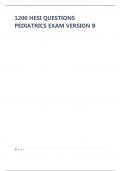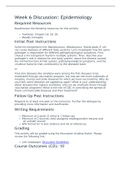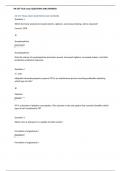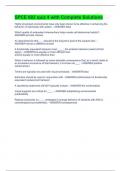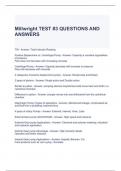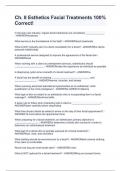College aantekeningen
Summary lectures Academic skills (CC1008)
- Instelling
- Erasmus Universiteit Rotterdam (EUR)
Structured summary of the Academic Skills course. There are many different schools of thought well and logically organized so that it is clear which ones adhere to the same way of viewing the world and those who use opposite argumentations.
[Meer zien]







